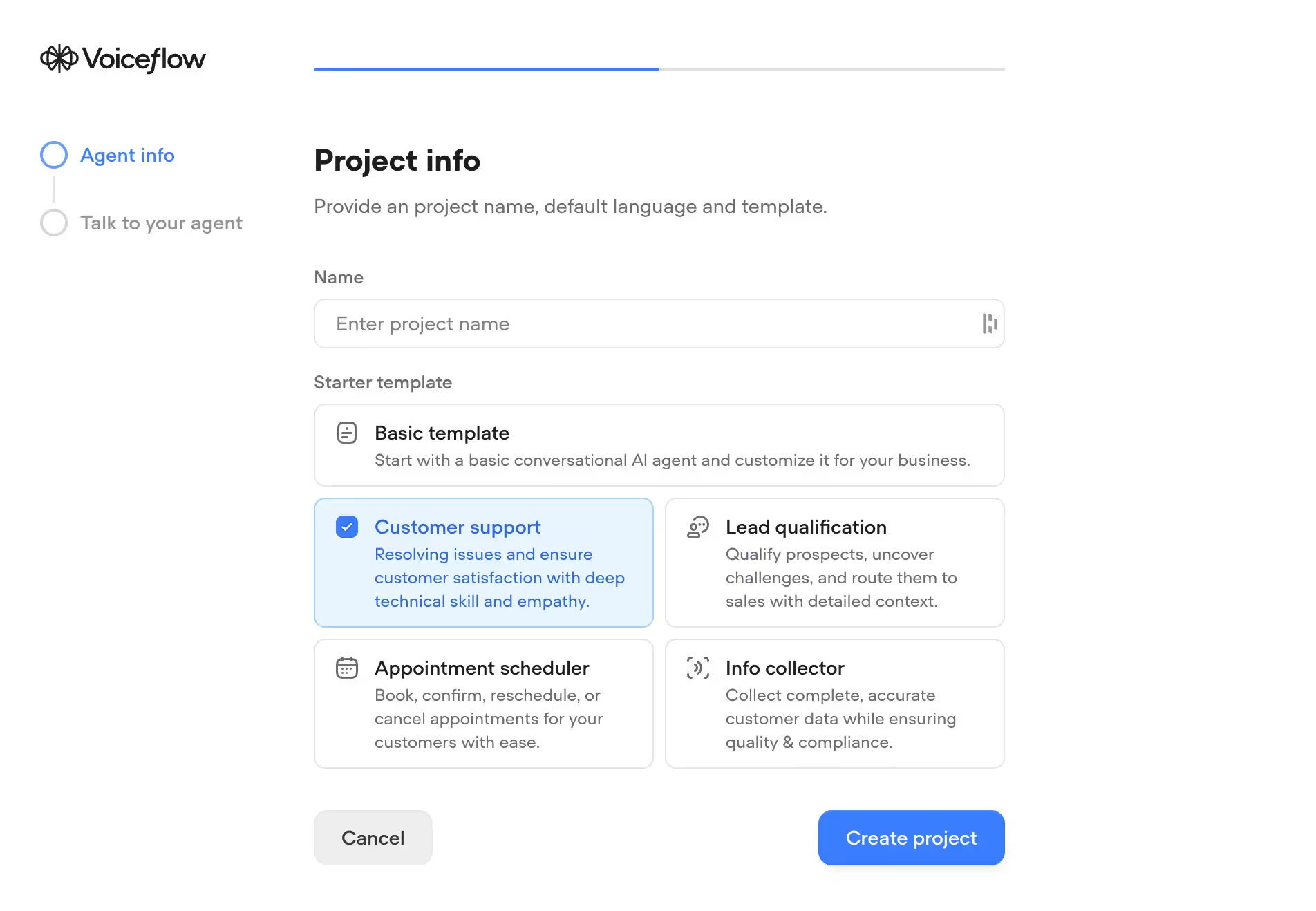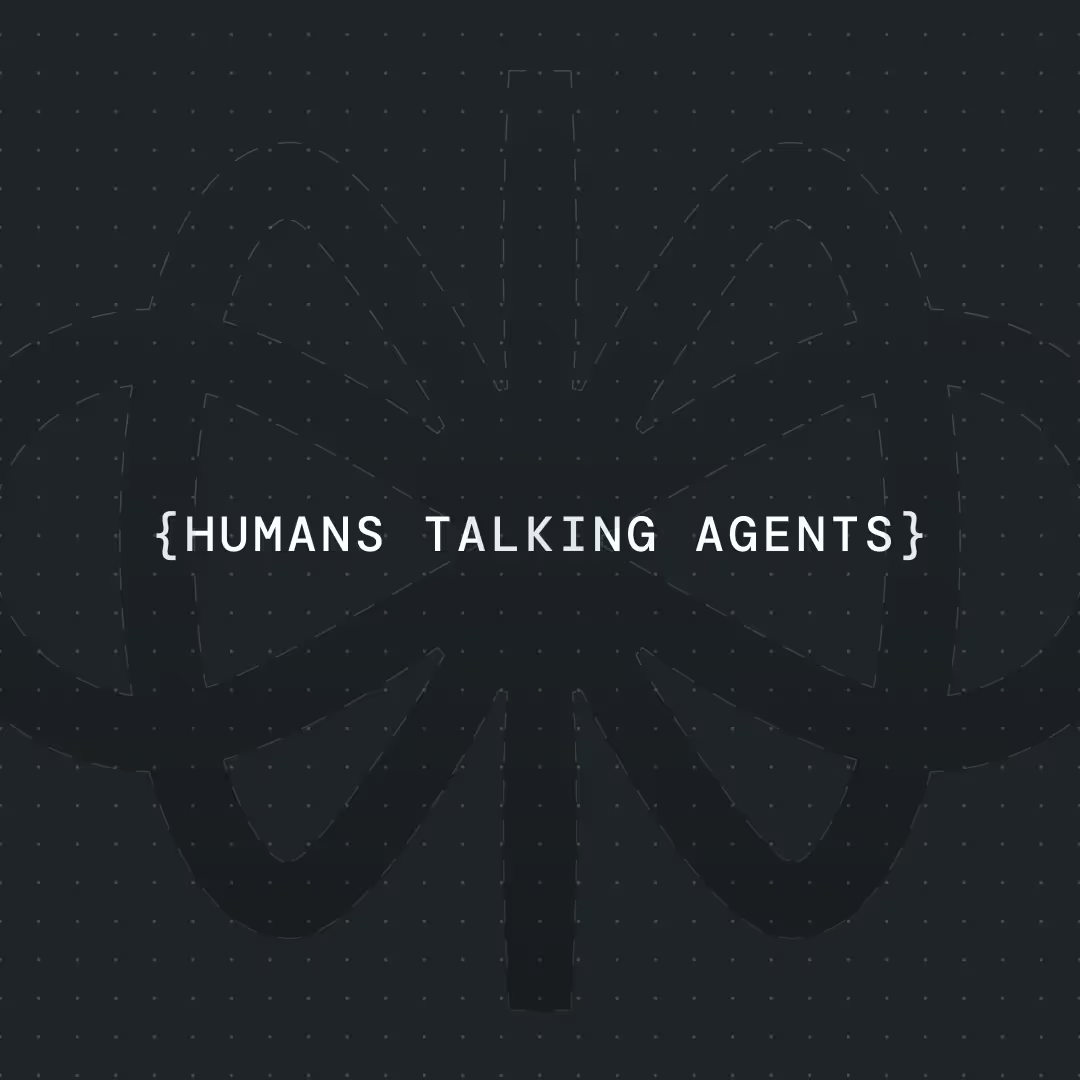Hotel Chatbot: AI Hotel Booking Chatbot Guide (2026)




How can you as a hotelier make the crucial difference in an era of omnipresent booking platforms and constantly rising guest expectations? The answer lies not only in luxurious rooms or exquisite cuisine – but in the way you communicate with your guests.
Imagine a personal concierge service for every single guest that never sleeps, communicates in over 20 languages, knows every guest by name, and as I mentioned already, is available 24/7 – whether via website chat, WhatsApp, or phone. What sounds like science fiction is already reality today and is revolutionizing how hotels interact with their guests.
AI chatbots for hotels are more than just a technical innovation – they are the key to a personalized, seamless guest experience that begins with the first inquiry and extends far beyond checkout.
How Hotel Chatbots Work
An AI chatbot for hotels is far more than just a digital assistant – it's a game-changer for entire guest communication. These intelligent systems combine cutting-edge technology with hospitality industry service and create a seamless, round-the-clock service experience. Unlike conventional chatbots that can only rely on predefined responses, AI chatbots understand the context of an inquiry and can provide human-like, individual answers.
The significance for hotels is multifaceted: They not only improve the efficiency of customer communication but also increase conversion rates, reduce staff workload, and create a modern, technology-savvy brand perception.
The Digital Concierge: When a QR Code Becomes a Personal Assistant
Imagine your guests enter their room and find a QR code that grants them access to their personal digital concierge. What could be more convenient? A simple scan with the smartphone and they already have an assistant who is there for them around the clock.
This solution is not only elegant but also incredibly versatile:
Personalized Recommendations: The AI concierge can not only answer current questions but also provide personalized recommendations based on previous stays. If a guest has been there before and used the spa, the chatbot can proactively suggest new wellness offers or remind them of preferred restaurants. This type of personalization makes every stay an individual experience.
Hotel Services: Questions about checkout times, spa opening hours, or fitness facility usage are answered immediately without the guest having to call reception.
Reservations and Bookings: The chatbot can directly make table reservations at the hotel restaurant or partner restaurants, book spa appointments, or organize tickets for local events.
Communication with Staff: For inquiries that require human attention – like ordering additional pillows or towels – the chatbot can forward messages to the appropriate staff and even track processing status.
This digital concierge solution offers guests 24/7 service while simultaneously relieving hotel staff of routine inquiries.
Website Integration: The Digital Heart of Guest Communication
The chatbot on the hotel website functions as the central hub for all guest communication. This is where all threads come together: from the first information inquiry through booking to follow-up care.
The possibilities are diverse: Potential guests can book rooms directly through the chatbot, with available dates displayed, prices compared, and special requests considered. The chatbot can also proactively offer deals – for example, if a guest asks about a standard room but the hotel currently has an upgrade offer.
Furthermore, the website chatbot serves as a collection point for all types of guest inquiries: from simple questions about amenities and services to more complex inquiries regarding events or group reservations. The system continuously learns and improves with each interaction.
Multi-Channel Communication with Voiceflow: One System, All Channels
The future of hotel communication lies in seamless integration of various communication channels. Here, the particular strength of platforms like Voiceflow becomes apparent, which enable developing a single AI chatbot for hotels and using it simultaneously as a website chat, WhatsApp bot, and phone bot. This multi-channel strategy offers hotels enormous advantages without having to manage multiple different systems.
WhatsApp Integration: Since WhatsApp is one of the most used messaging apps worldwide, hotels can reach their guests where they are already active. Guests can ask questions, make bookings, or request services – all through the familiar WhatsApp chat.
Phone Bot Functionality: For guests who prefer to call, the same AI chatbot can also function as an intelligent phone bot. It can answer calls, respond to frequent questions, and transfer to human employees when needed – a technology already successfully used in modern AI call centers.
But here's where it gets interesting: The great advantage of Voiceflow lies in the unified database. Regardless of which channel a guest communicates through, all information is centrally available. A guest can make their booking via the website, inquire via WhatsApp, and make changes by phone – the system keeps track of all interactions.
Outbound Communication: Proactive Guest Care
A particularly powerful feature of modern AI chatbot systems is their ability for outbound communication. This shows the difference from conventional support tools: Instead of only reacting to inquiries, hotels can proactively reach out to their guests.
Post-Stay Communication: After checkout, the system can automatically send a personalized WhatsApp message or call to the guest. This satisfaction inquiry has a significantly higher opening and response rate than emails. WhatsApp messages are opened over 90% of the time, while emails often end up in spam folders or remain unread.
Review Management: A link to Google, TripAdvisor, or other review platforms can be directly integrated into the follow-up message. Since the message comes at a time when the stay is still fresh in memory, the likelihood of a review increases significantly.
Personalized Offers: Based on the previous stay, the system can send personalized offers for future bookings. If a guest used the spa intensively, for example, they can later be offered a special wellness package.
Phone Follow-ups: For particularly important guests or critical situations, the system can also conduct automatic phone follow-ups. These often have an even more personal effect and show the guest that their feedback is truly valued.
Best Hotel Chatbot Platform
Voiceflow stands out as the premier choice for creating chatbots for hospitality. What makes Voiceflow the best chatbot platform for hotels isn't just one feature – it's the complete ecosystem designed for sophisticated conversational ai that truly understands the hotel industry. Unlike basic chatbot builders that limit you to simple question-and-answer flows, Voiceflow uses AI in a way that handles complex, nuanced conversations while seamlessly integrating with your existing systems. Your booking engine, customer relationship management, and customer service tools finally work together through robust integrations that allow guests to modify bookings, request room changes, and extend stays directly through the AI hotel chatbot. This level of integration is what separates best hotel chatbots from basic support bots, creating a unified experience across website, WhatsApp, phone, and in-room tablets with complete conversation continuity.
{{blue-cta}}
The beauty of Voiceflow lies in its ability to grow with your hotel management needs while delivering sophisticated business logic that goes far beyond simple customer support. I've implemented solutions that remember guest preferences, suggest personalized recommendations based on stay history, and handle everything from spa bookings to maintenance requests with the intelligence that modern hotel tech demands. The platform's knowledge base functionality means you simply feed it your hotel's information and let the system understand and respond appropriately – updates are instant, and it gets smarter with every interaction. Hotels typically see a 40% reduction in front desk call volume and 60% faster response times, but more importantly, staff can focus on creating memorable experiences instead of answering repetitive questions. For any hotel serious about delivering exceptional digital experiences, Voiceflow isn't just the best option available – it's the foundation for the future of guest communication that continuously evolves with new AI models and features specifically designed for hospitality challenges.
Guide: Implement a Hotel Chatbot with a Direct Booking Process
Let me walk you through exactly how I built a comprehensive hotel AI agent using Voiceflow – the same system I demonstrated in the video above. This isn't just theory; these are the actual steps that will get you from zero to a fully functional hotel concierge chatbot.
Getting Started: Your Foundation

First, I'll show you how to set up the basic structure. Head over to your Voiceflow dashboard and click "new project" on the right side. I always name my hotel projects something descriptive like "Hotel In-House Agent" – trust me, you'll thank yourself later when you're managing multiple projects. Select the basic template and hit create.
Once you're in the workspace, navigate to "our agent" and select "customer support specialist." This gives us the perfect foundation for what we're building.
Connecting Your Tools: The Zendesk Integration
Here's where things get interesting. On the right-hand side, you'll see the tools section. I always start by connecting Zendesk because it's crucial for ticket management. Click on Zendesk and you'll need to enter your Zendesk URL – that's the part before "/hc/" in your Zendesk web address, like "yourhotelname.zendesk.com."
The system will redirect you for password verification, and once connected, you'll see all the available actions: creating tickets, finding groups, adding comments, and more. This integration is what makes your chatbot truly powerful for guest service.
Crafting Your Agent's Personality
Now for the fun part – bringing your digital concierge to life. You have two approaches here. You can modify the default prompt directly, or use Voiceflow's automatic generation feature. I prefer the automatic route because it saves time and gives you a solid starting point.
Click the blue button and describe your agent: "Customer support agent named Anna for Hotel Mura in Germany." Then add the core instructions: "The agent should help answer questions about the hotel using the knowledge base, provide regional information, and create tickets for guest issues or reservation problems."
The system generates a comprehensive prompt, but here's the key: you need to define how different question types are handled. I always specify that hotel-specific questions should trigger the knowledge base first, and if no answer is found, the agent should offer to create a support ticket.
Handling the Gray Areas: Tourist Information
One challenge I've encountered is when guests ask about local attractions or restaurants that aren't in your hotel's knowledge base. Here's my solution: I create a separate flow for general tourist information with a crucial disclaimer.
When the agent can't find hotel-specific information, I present guests with two buttons: "Yes" to receive general information with a disclaimer that it's "not verified by us," or "No" to decline. If they choose "No," the agent simply asks, "What else can I help you with?" and loops back to the main conversation.
For the "Yes" path, I use a separate agent specifically for tourist information. This keeps things organized and maintains transparency about information sources.
The Ticket Creation System
This is where your chatbot becomes a real service tool. When guests report issues – like needing extra pillows or having air conditioning problems – the agent needs to collect specific information: subject, priority, description, and requester name. I let the AI set the priority automatically based on the issue type, which saves time and ensures consistency.
Building Your Knowledge Base

Your chatbot is only as good as its knowledge base. I always start by adding four to five key URLs from the hotel's website – your amenities page, restaurant information, spa services, and local area guide. The system will crawl these pages and use this information to answer guest questions accurately.
The Magic of QR Codes: Room-Specific Service
Here's my favorite feature – automatic room identification through QR codes. I create specific events for each room using Voiceflow's trigger system. For example, I'll create an event called "room_number_201" and use a set block to automatically assign that room number to the conversation.
The URL structure is simple: "yourvoiceflowurl.com/p/event?event=room_number_201" Generate a QR code for this URL and place it in room 201. When guests scan it, they're instantly connected to a concierge that knows exactly where they are.
Testing and Refinement
Before going live, I always run comprehensive tests. I simulate different scenarios: requesting extra amenities, asking for restaurant recommendations, reporting maintenance issues. The goal is to ensure the agent responds appropriately, asks for necessary information, and creates tickets in Zendesk when needed.
During testing, you'll likely need to adjust response lengths, refine the agent's personality, and fine-tune the ticket creation process. I typically limit responses to two or three sentences to keep interactions snappy and engaging.
Going Live
When you're satisfied with the testing, hit "publish." Voiceflow compiles everything and provides you with integration code or a widget that you can add to your website or mobile app. If you want to get really advanced, you can even connect the agent to a phone number so it can handle voice calls to your front desk.
The beauty of this system is its scalability. Start with basic room service requests and FAQ responses, then gradually add more sophisticated features like direct booking capabilities, spa appointments, and restaurant reservations. Your digital concierge grows with your needs and your guests' expectations.
Remember, this isn't just about technology – it's about creating genuine connections with your guests through seamless, 24/7 service that feels personal and responsive. The future of hospitality is here, and it starts with getting your hands dirty and building something remarkable.
{{blue-cta}}
Future Outlook: The Evolution of Hotel Service with Professional Support
AI chatbots for hotels are just at the beginning of their development. What is already impressive today will become even more revolutionary in the near future. Integration with IoT devices will enable AI concierges to interact directly with room equipment – adjusting temperature, controlling lighting, or ordering room service at the optimal time.
The possibilities are virtually unlimited, as various AI agent use cases in different industries show. For hotels, this means a completely new dimension of guest service.
Professional Development with Voiceflow and Voisento
For hotels looking to invest in this forward-thinking technology, choosing the right development partners is crucial. This is where Voisento comes into play – a specialized company that develops customized AI chatbot solutions for hotels based on Voiceflow. As experts in phone bots and multi-channel communication, Voisento brings the necessary expertise to support hotels in their digital transformation.
The combination of Voiceflow's powerful development platform and Voisento's industry experience enables hotels to quickly and efficiently implement a professional AI concierge that covers all desired channels – from the website via WhatsApp to the phone bot.
For hotels, implementing an AI chatbot means more than just a technical improvement – it's an investment in the future of guest communication. Hotels that invest in this technology now gain a decisive competitive advantage and position themselves as innovative, guest-oriented companies.
The revolution of the hospitality industry through AI chatbots has just begun. Those who miss it risk losing touch with modern travelers' expectations. Those who embrace it open the door to a new era of hotel service – an era where technology and hospitality merge perfectly.


Get the latest AI agent news
Join Voiceflow CEO, Braden Ream, as he explores the future of agentic tech in business on the Humans Talking Agents podcast.







